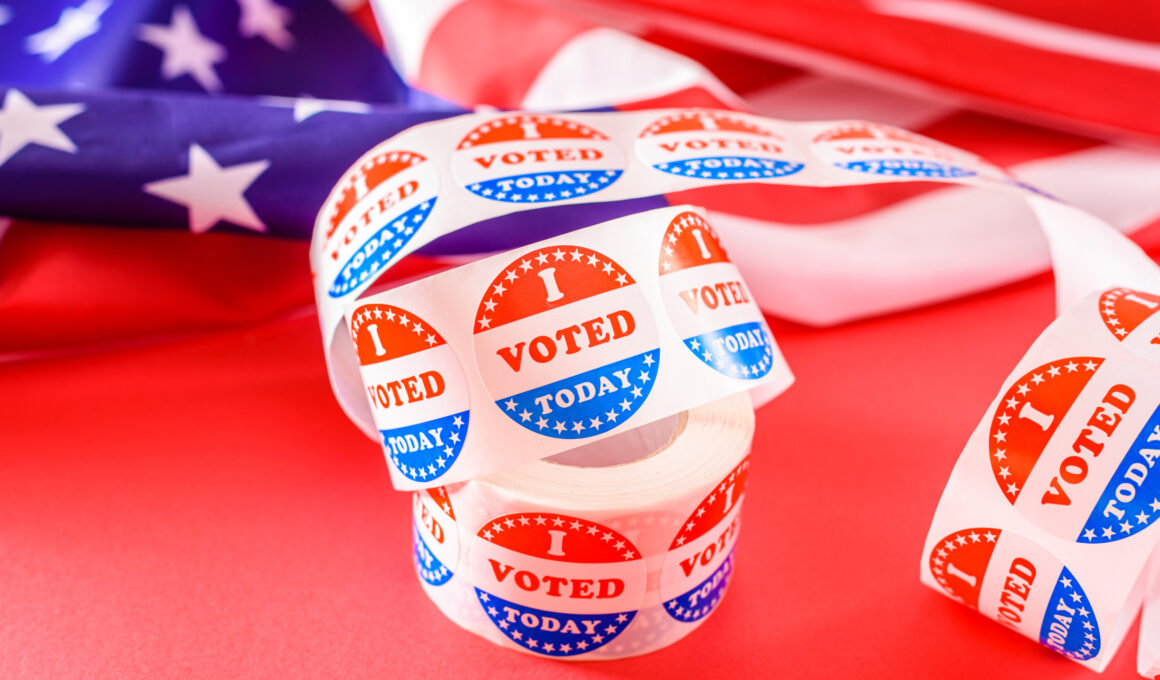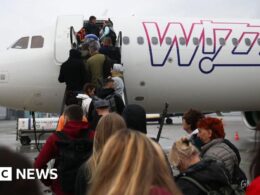Republican U.S. Senate hopefuls got bad news in the swing states of Pennsylvania, Wisconsin and Michigan in a new poll showing their Democrat opponents ahead.
Democrats currently have the power in the Senate, but only by a small margin. There are 47 Democrats, four independents who caucus with the Democrats, and 49 Republicans in the upper chamber. With such a slim majority, Senate elections in November carry high stakes.
A New York Times/Siena College poll conducted from August 6 to 9 found Pennsylvania Senator Bob Casey, a three-term Democratic incumbent, ahead of his GOP challenger David McCormick, a hedge fund executive and former Treasury Department official under the George W. Bush administration, a by 14 percentage points (50 to 36 percent) among 693 registered voters in the state. The margin of error for this sample of voters is plus or minus 4.5 percentage points.
In Wisconsin, Democratic Senator Tammy Baldwin, who has been in office since 2013, is ahead of her Republican opponent, businessman Eric Hovde, by 8 percentage points (51 to 43 percent), according to the Times/Siena poll. A total of 661 registered voters in the state were surveyed from August 5-8. The margin of error for the sample was plus or minus 4.7 percentage points.
The race between Democratic U.S. Representative Elissa Slotkin and Republican U.S. Representative Mike Rogers for an open Senate seat in Michigan is a much closer race, according to the Times/Siena poll.
Slotkin has 42 percent of the vote while Rogers has 41 percent when 619 Michigan registered voters were polled from August 5-8. The sample’s margin of error is plus or minus 5.3 percentage points.
Newsweek reached out to the campaigns of Casey, McCormick, Baldwin, Hovde and Slotkin via email and Rogers’ campaign via online form for comment on Saturday afternoon.
What Do Other Polls Show?
The Commonwealth Foundation, a nonpartisan group aimed at educating Pennsylvanians on key issues, conducted a poll between July 23 and 25, which found Casey will a smaller lead against McCormick. Of the 800 Pennsylvania registered voters surveyed, 51 percent said they would vote for Casey and 40 percent said McCormick. The poll’s margin of error is plus or minus 3.46 percentage points.
A Marquette Law School poll conducted from July 24-August 1 found Baldwin with 53 percent and Hovde with 46 percent of support among 877 registered voters in Wisconsin. The poll’s margin of error for registered voters is plus or minus 4.6 percentage points.
An Emerson College/The Hill poll conducted from July 22-23 has Slotkin with 45 percent of the vote and Rogers with 41 percent. The poll surveyed 800 Michiganders and has a credibility interval, similar to a margin of error, of plus or minus 3.4 percentage points.







